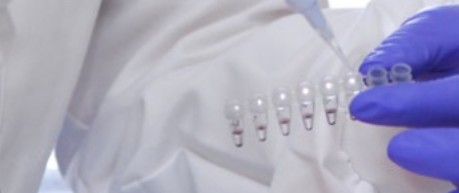Thursday 19th September 2019, 3:00pm
Novel analysis gives insights into how gene activity can help us understand how genetic differences inherited from each parent influence important traits in animals.

Roslin scientists have investigated how much an animal’s characteristics are influenced by the extent to which different versions of the same genes, inherited from each parent, are active.
The study enables detailed, accurate insight into how genetic variation could influence important traits such as resistance to disease or meat production. It could help inform breeding programmes for healthy livestock.
Researchers used data from sheep to measure the extent to which genetic variants – inherited from each parent – are switched on and off.
This has provided a foundation to investigate how much these differences could inform the characteristics of offspring. Researchers applied a method, developed for human data, which eliminates inherent bias associated with measuring how much genetic variants influence the traits of offspring.
Their study, which examined genes in Texel and Scottish blackface crossbred sheep, found that genetic variants linked to immunity were sometimes unequally active in tissues and cells linked to immune function.
Their findings could inform research into crossbreeding animals with better physical characteristics than their parents, or to inform genomics-based breeding programmes.
Researchers carried out the work using data from an extensive study characterising how genes are switched on and off in all major organ systems in sheep, which was carried out by the same team from The Roslin Institute in 2017. Their latest study is published in Frontiers in Genetics.
"By understanding the biological processes driving certain gene variants, we can discover which parental copies of genes are more favourable, and the consequences of that, for application in breeding programmes."
Dr Mazdak Salavati, Research Fellow, The Roslin InstituteSource: The Roslin Institute